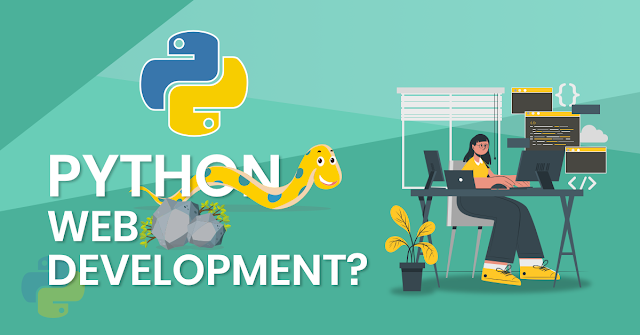There
are numerous technology which is used in field of healthcare and These
Technologies are IOT, Artificial Intelligence, Virtual reality,
Augmented Reality, Robotics, Wearable Devices and Nanotechnology etc.
All these technologies plays vital role in healthcare field. In Medical
and Healthcare
digital technologies can help to transform unsustainable healthcare
systems to sustainable ones, provide cheaper ,faster and more effective
solutions of disease.
The future of healthcare includes technology
that seamlessly combines data on a patient`s medical history, real time
health, insurance coverage and financial information all to support
provider decision making, improve patient health and reduce costs.
AI
and Robotics are increasingly a part of our healthcare ecosystem.The
use of AI and Internet of Medical Things (IoMT) in Customer Health
application is already helping people. Technology Applications and apps
encourage healthier behaviour in individuals and help with the proactive
management of healthy lifestyle.It puts customer in control of health
and well being.AI increases the ability for healthcare professionals to
better understand the patterns and needs of day to day people they care
for and because of that they are able to provide better
feedback,guidance and support for staying healthy.AI is also used to
detect diseases such as cancer ,more accurately in there early stages.
VR
is changing the lives of patients and professionals. VR is being used
to train future surgeons and for actual surgeons to practice operations.
Such software are developed by companies. The technology is also
benefiting patients and has been proved effective in pain management.
Patients suffering from cardiac, neurological and post-surgical pain
have shown a decline in their pain levels when using VR to distract them
from painful stimuli.
AR
differs from VR in two ways. First one is user do not lose touch with
reality and second is that it puts information into eyesight as soon as
possible. In case of medical professionals it might help medical
students prepare better for real-life operations, as well enable
surgeons to enhance their capabilities. By using this medical students
have access to detailed and accurate, although virtual, depiction of
human anatomy to study the subject without the need of real bodies.
Wearable
devices also play a role to track our daily activities with the use of
sensor they can monitor sleep, track your workout , how much steps you
have been walked and how much water you are drinking and a lot more
things they can track and we have these sensors also available on our
mobile phones to track our daily activity. They are great devices to get
to know more about ourselves and retake control over our own lives.
Nanotechnology
is also making progress in form of smart patches. We are living at the
dawn of nanomedicine age. May be in future nanoparticles and nanodevices
will soon operate as precise drug delivery systems, cancer treatment
tools or tiny surgeons.
Robotics
is one of the most exciting and fastest growing fields of healthcare;
developments range from robot companions through surgical robots until
pharmabotics, disinfect robots or exoskeletons. Robotics companions also
have their place in healthcare to help alleviate loneliness,treat
mental health issues or even help children with chronic illness. Some of
them even have touch sensors cameras and microphones for interact their
owners with them.
We can
conclude that health information technology improves patient's safety
by reducing medication errors, reducing adverse drug reactions, and
improving compliance to practice guidelines. There should be no doubt
that health information technology is an important tool for
improving healthcare quality and safety.
Reference By: https://www.geitpl.com/blog/2020/08/17/healthcare-app-development-healthtech-technology/














